Mind-Body Inquiry, May11
- At 7:30pm, Elissa Epel, presents "A Sweet Story: Stress, Eating, and Mindfulness." Dr. Epel is Professor of Psychiatry and Director of UCSF's Aging, Metabolism, and Emotions Lab.
- At 8:30pm, Howard Fields presents "How the Brain Creates a Virtual Mind-Body Experience." Dr. Fields is Professor of Neurology and Director of UCSF's Wheeler Center for the Neurobiology of Addiction.
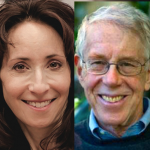
Elissa Epel & Howard Fields
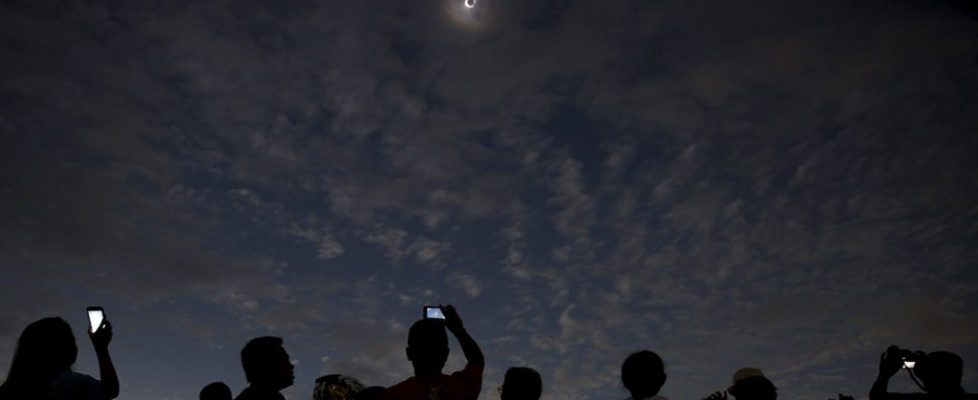
US Solar Eclipse of August ’17
Speaker Alex Filippenko is one of the world's most highly cited astronomers, and was voted UC Berkeley's "Best Professor" a record nine times. He appears frequently on TV documentaries and is addicted to observing total solar eclipses throughout the globe, having seen 15 so far!
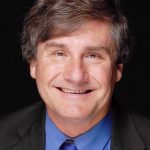
Alex Filippenko
Map: [http://goo.gl/maps/iRRFR]
Friends of Mt. Tam
San Francisco Amateur Astronomers
Mount Tamalpais State Park
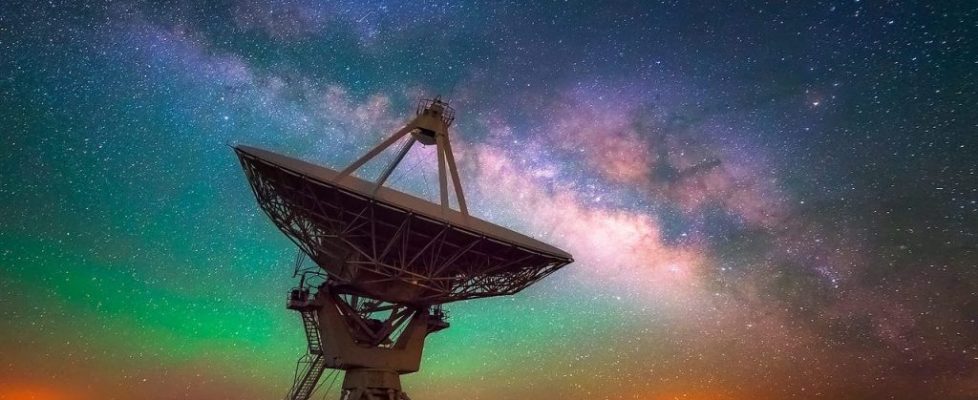
Is Anybody Out There? – Apr24
The Breakthrough Prize Foundation has committed $100 Million to UC Berkeley and other institutions for the most comprehensive Search for Extraterrestrial Intelligence (SETI) ever conducted. Chief Scientist of Berkeley SETI, Dan Werthimer, will describe the rationale for past and future searches, and will show how new technologies are revolutionizing SETI.
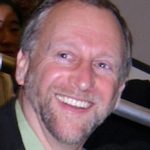
Dan Werthimer
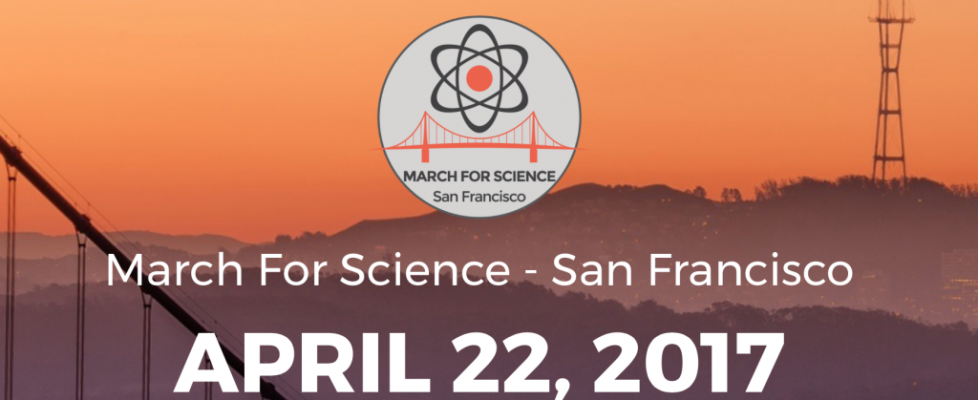
March For Science
Wonderfest joins the March For Science - San Francisco in support of science funding, science communication, and the clear-eyed, optimistic, scientific outlook. As the international (400+ communities, globally!) mission statement proclaims, "We unite as a diverse, nonpartisan group [asking] ... political leaders to enact evidence-based policies in the public interest."
For this inspiring and historic Earth Day celebration of science, join the friends of Wonderfest under the sign bearing the Wonderfest eyeball emblem. The march and rally begin at Justin Herman Plaza and end — with a fair! — at Civic Center Plaza.

Please register via the Eventbrite link, below, to help organizers estimate attendance and provide a safe, comfortable, and memorable experience.
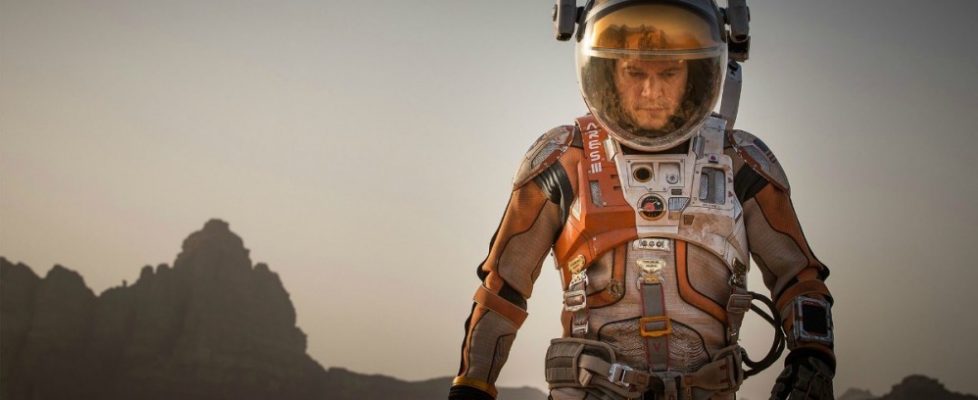
Exploring Mars: the Next 100yrs
MARS BECKONS. In remembrance of the dawn of human spaceflight, and in anticipation of coming interplanetary exploration, Wonderfest joins the California Academy of Science to celebrate Yuri's Night 2017. We present two science visionaries who understand the promise and excitement of space exploration:
- At 7:30pm, The SETI Insititute's Pascal Lee, co-founder of the Mars Institute, presents Mission to Mars: The First Human Journeys to the Red Planet.
- At 8:30pm, NASA Planetary Scientist Chris McKay looks even further ahead with The Long View of Mars: Biology, Humans, and Terraforming.
Please join in this special Wonderfest contribution to Yuri's NightLife by purchasing tickets via the Cal Academy link below. [Note: adults 21+ only.]
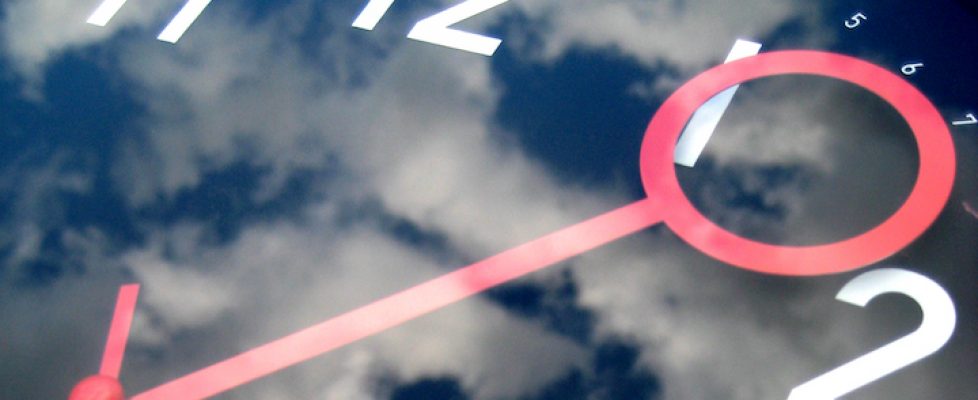
Why Time Flies – Feb 9
Alan Burdick is a staff writer and former senior editor at The New Yorker; he is also a frequent contributor to Elements, the magazine's science-and-tech blog. His writing has also appeared in The New York Times Magazine, Discover, and Best American Science and Nature Writing. His first book, Out of Eden: An Odyssey of Ecological Invasion, was a National Book Award finalist and won the Overseas Press Club Award for environmental reporting. [Photo by Laura Rose]
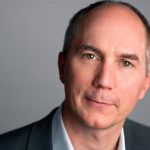
Alan Burdick
Map: [https://goo.gl/maps/qzvh6Xhzg3k]

